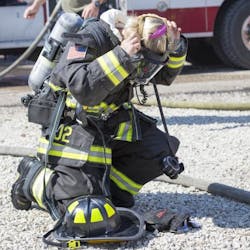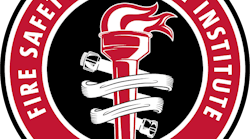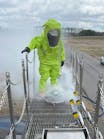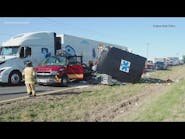Journal Article Compares Blood Clotting Potential in Male vs. Female Subjects Following Firefighting Activities
The FSRI team would like to wish all of the women of your organization a happy International Women’s Day! Today, we are pleased to share that the International Journal of Environmental Research and Public Health has posted our most recent manuscript titled “Hemostatic Responses to Multiple Bouts of Firefighting Activity: Female vs. Male Differences in a High Demand, High Performance Occupation” in a special issue titled “Interdisciplinary Aspects of Women’s Physiology and Physical Fitness.”
The purpose of this study, led by FSRI Advisory Board Member Dr Denise Smith and conducted at Illinois Fire Service Institute (IFSI Research) with Skidmore College and the University of Illinois-Chicago, was to determine the effects of multiple bouts of firefighting on hemostatic responses (specifically, key changes in firefighters’ blood that are important in the process of blood clot formation) and this secondary analysis allowed the team to compare those responses in male and female firefighters.
The initial hypothesis was that multiple bouts of firefighting would lead to an increased blood clotting potential (a procoagulatory state) in both male and female firefighters and that females would experience a greater procoagulatory shift than men (based on studies that focused on responses to an acute bout of exercise). However, the results of this study showed that following firefighting activities, there were similar responses for both male and female firefighters. The change was not severe enough to be clinically significant for our “healthy” participants who did not have any known pre-existing conditions and were in good physical condition. On the other hand, firefighters who have pre-existing conditions and are not in good physical condition may experience more of a clinically significant difference with a higher potential for a cardiac event following firefighting activities. This is a great reminder of the importance of being both physically and medically prepared for the job of firefighting and to have annual medical evaluations and to pay careful attention to the results.







